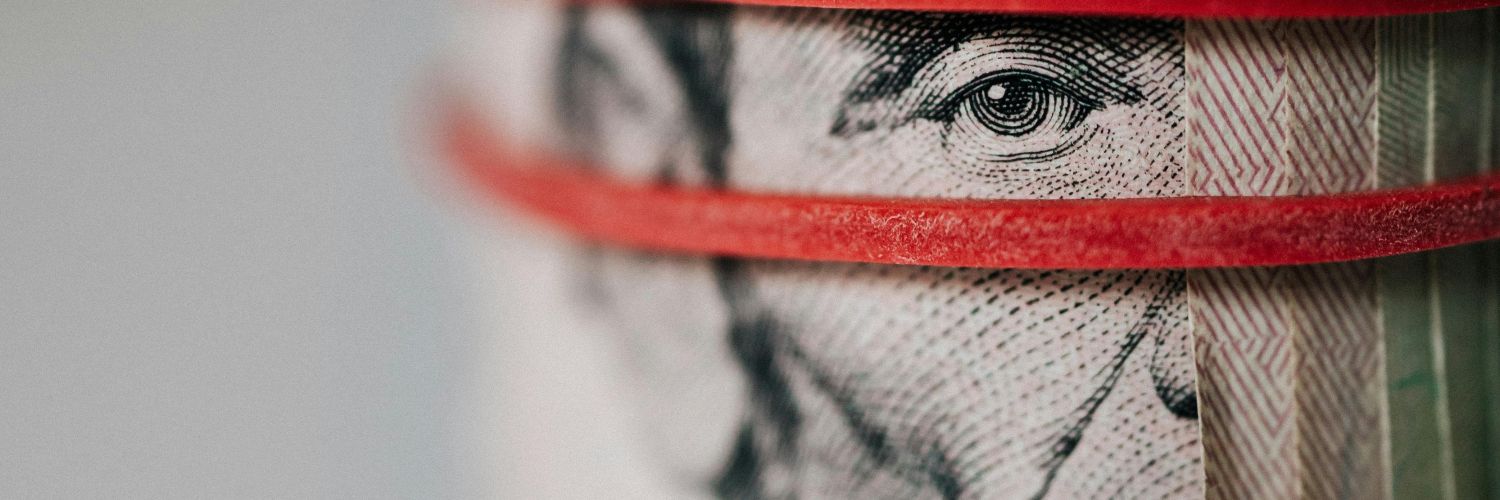What happened last week?
US
- US small-cap stocks clocked their best five-day streak since 2020.
Europe
- UK inflation held steady across the board.
- The European Central Bank kept interest rates unchanged.
Asia
- China’s economy grew at its slowest pace in five quarters.
- Indian firms issued shares at a record pace.
Why It Matters
Why It Matters
The small-cap Russell 2000 stock index has been on a winning streak, after remaining flat all year. On Tuesday, it notched its best five-day streak since 2020, with a 12% pop that trounced the S&P 500’s less than 2% gain over that period. The appetite for those smaller shares has been getting better, as lower inflation and a weakening job market have traders increasingly betting that an interest rate cut could happen sooner, rather than later. See, smaller companies tend to borrow money with either short-term or variable rates, so they get hit harder when lending costs rise, but see a bigger benefit when they fall.
Britain’s annual inflation rate was unchanged at 2% in June, disappointing economists who had hoped for a slight drop. Core inflation, which strips out volatile food and energy items, was steady too, at 3.5%. Even services inflation – a measure that’s closely watched for signs of home-grown price pressures – held in place. It was a letdown, prompting traders to slash bets that the Bank of England will cut interest rates from their current 16-year high next month.
The European Central Bank kept its key interest rate steady at 3.75% this week, as widely expected, after lowering it the month before. But the Bank didn’t offer any hints about future rate moves.
Instead, it reiterated that borrowing costs will remain “sufficiently restrictive for as long as necessary” to ensure that inflation in the eurozone returns to the 2% target. Traders are betting that the next rate cut will arrive in September, followed by another in December.
China’s economy expanded by 4.7% in the second quarter from the same period a year earlier – missing economist forecasts and marking the slowest pace of growth in five quarters. The poor showing was mainly driven by an ongoing slump in the property sector and weak consumer demand – despite government efforts to boost spending. Unless these lingering issues are fixed soon, they’re going to make it a lot harder for the country to meet its official 2024 growth target of around 5%.
Indian companies unleashed into the market almost $30 billion in new shares during the first six months of 2024 – a new half-year record and a near-tripling from the same period last year. Investors have been more than happy to snap up the new supply, since buying into Indian stocks allows them to invest in the fastest-growing major economy. Local investors are driving some demand – but so are foreign ones, attracted by the country’s stable currency, strong corporate earnings, and better returns compared to China.
This week’s focus: The World’s Biggest Economy
Investors will take another peek at how the world’s biggest economy is doing this year, as the US takes center stage and draws back the curtain on its second-quarter growth figures on Thursday. Economists are predicting that output rose at a modest 1.8% annualised rate from the three months before. If their predictions are correct, it would be a reassuring uptick from the 1.4% seen in the first quarter. It would also further support the view that the Federal Reserve (Fed) has successfully pulled off a “soft landing” – that dream scenario where its rate hikes cool the economy just enough to tamp down inflation, while avoiding a recession Case in point: the latest report showed the pace of annual consumer price increases easing more than expected to just 3% in June – the lowest level in over three years.

And that improving inflation picture may be coming at just the right time for the Fed. The US job market has been starting to look rough around the edges and, naturally, that’s having a knock-on effect on consumer spending too. It’s hardly surprising, since interest rates have been stuck at a two-decade high for about a year, stifling overall activity. But what’s clear now is that the world’s biggest economy might very much welcome the boost that comes from a reduction in borrowing costs – and that could come relatively soon.
The Fed will get together next week, but traders aren’t expecting a rate cut just yet. That will happen, they expect, in September, and likely again in November. (Some have even started to wager on a third trim in December.) But those investors might be getting ahead of themselves: the central bank’s latest forecasts, after all, penciled in just a single cut for 2024.

The Week Ahead
- Monday: China one-year loan prime rate announcement.
- Tuesday: Eurozone consumer confidence (July). Earnings: Alphabet, Tesla, Coca-Cola, General Motors, Philip Morris International, Spotify, Visa.
- Wednesday: Global PMIs (July). Earnings: AT&T, CME Group, Thermo Fisher Scientific, Ford, IBM, ServiceNow.
- Thursday: Eurozone M3 money supply (June), US economic growth (Q2), US durable goods orders (June). Earnings: AbbVie.
- Friday: US personal income and outlays (June). Earnings: 3M, Bristol-Myers Squibb.
This document is provided to you for your information and discussion purposes only. It is not a solicitation for business or an offer to buy or sell any security or other financial instrument. Any information including facts, opinions, or quotations, may be condensed or summarised and are expressed as of the date of writing. The information may change without notice and Trusted Novus Bank (“TNB”) is under no obligation to ensure that such updates are brought to your attention. Past performance is not a guide to future performance.
This document has been prepared by TNB from sources TNB believes to be reliable but TNB does not guarantee its accuracy or completeness and does not accept liability for any loss arising from its use. TNB reserves the right to remedy any errors that may be present in this document.
Trusted Novus is registered in Gibraltar under number 3207. Its registered address and principal place of business is: Trusted Novus Bank Limited, 76 Main Street, Gibraltar GX11 1AA. It is regulated by the Gibraltar Financial Services Commission (Permission Number 3207) to provide Banking and Investment Services. TNB is a member of the Gibraltar Deposit Guarantee Board (www.gdgb.gi) and the Gibraltar Investor Compensation Scheme (www.gics.gi).
